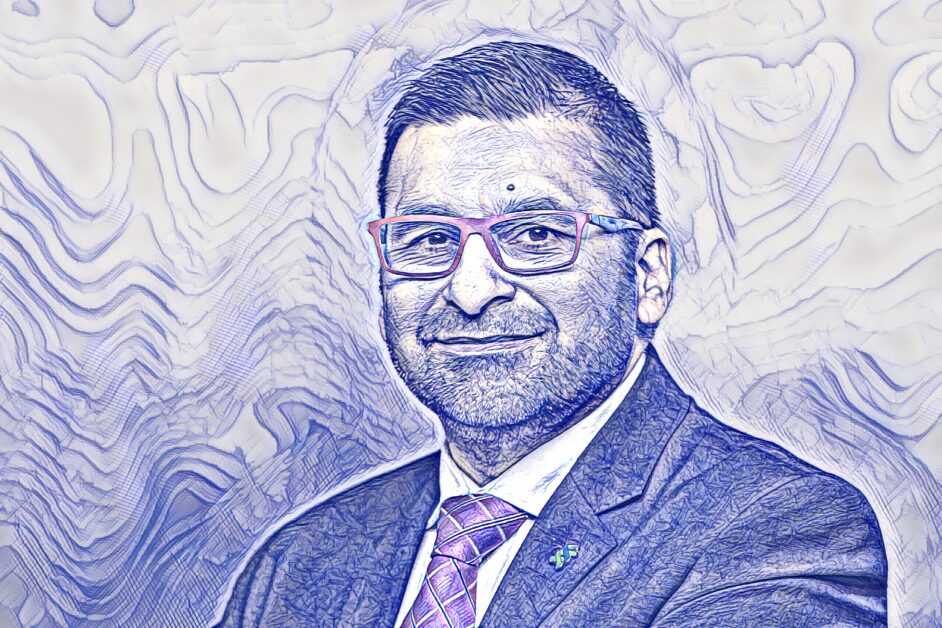Coming hot-on-the heels of the World Mental Health Day, I want to lend my voice to the issue of mental well-being as it’s such a critical issue that has become…
Mental Health Matters⏤ let’s unite against stigma and discrimination

Sanjay Rughani, the Chief Executive Officer, Standard Chartered Bank Uganda